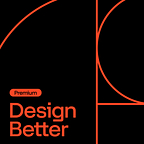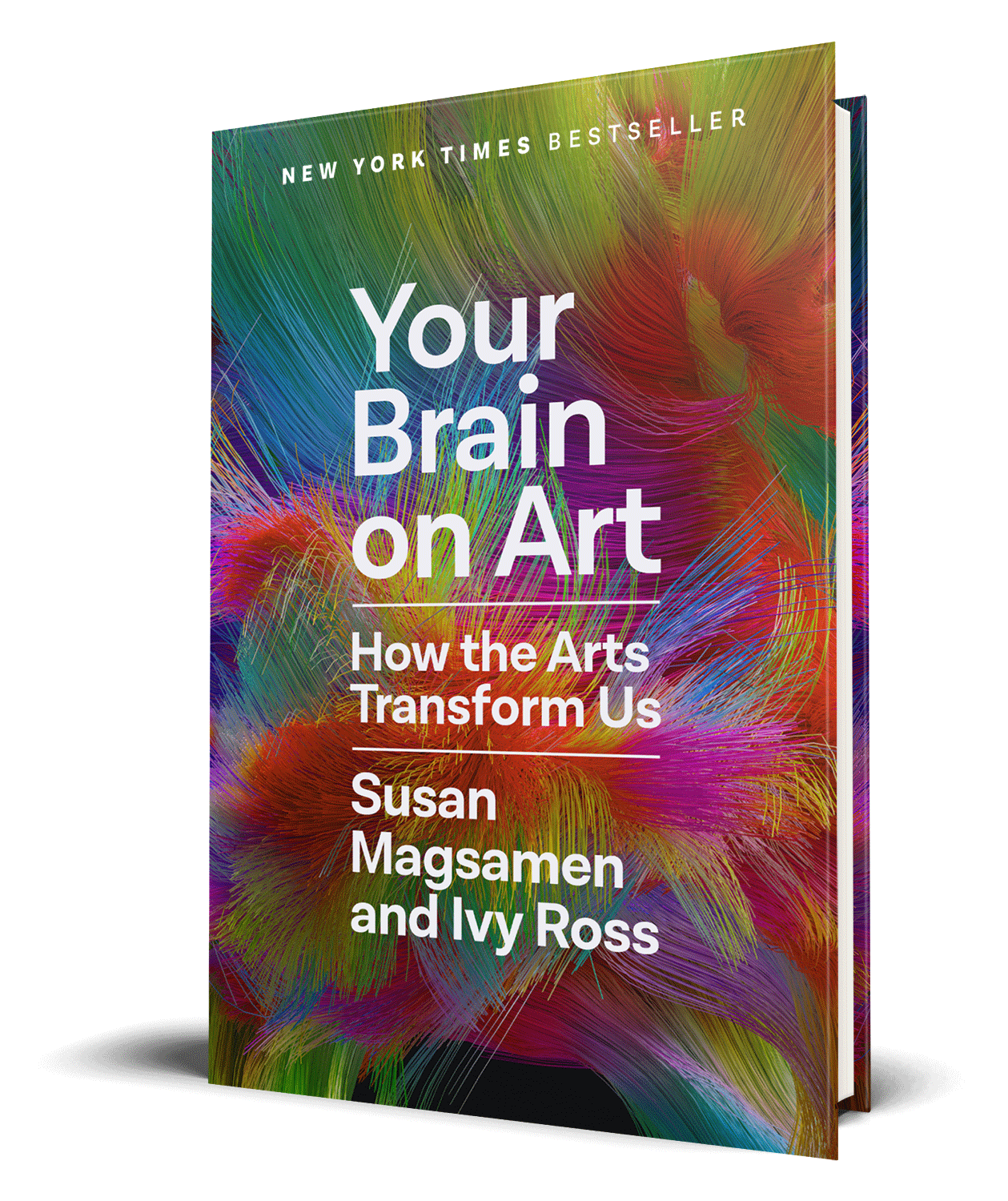In school, art is often positioned in curricula as an enrichment subject, not a core skill like math or language arts. But those of us who pursue the arts instinctually recognize that there is something in creative expression that is foundational to the human experience.
Susan Magsamen, executive director of the International Arts + Mind Lab at the Johns Hopkins School of Medicine, has spent years studying the effect art has on our mind and body. Her research is surfacing profound health and longevity benefits created through poetry, music, painting, and other arts. Susan recently collaborated with Ivy Ross, Chief Design Officer for Consumer Devices at Google, to co-author a fascinating book called Your Brain on Art: How the Arts Transform Us.
We speak with Susan and Ivy about how they found their way into collaborating on the book, why we are “wired for art,” how practicing art can actually extend your lifespan significantly, and how they bring the ideas in their book into their work to reduce stress and help teams perform at their peak.
Bios
Susan Magsamen
Susan Magsamen is the founder and executive director of the International Arts + Mind Lab (IAM Lab) at Johns Hopkins University School of Medicine, where she also serves on the neurology faculty. A pioneer at the intersection of neuroscience and the arts, Susan has spent over 40 years exploring how aesthetic experiences can enhance health, learning, and well-being. She co-directs the NeuroArts Blueprint, a collaboration with the Aspen Institute, aimed at advancing the science of arts and health.
Her work bridges public and private sectors, focusing on early childhood development, mental health, creativity, and social equity through arts-based initiatives. She developed the Impact Thinking framework to support interdisciplinary collaboration in neuroaesthetics and serves on advisory boards across fields including public health, education, and museum engagement. Susan is also a Royal Society of the Arts Fellow and a published author of both academic articles and books for children and families.
Previously, Susan founded and led Curiosityville and Curiosity Kits, both acquired by major educational companies. She served as SVP of Global Learning Sciences at Houghton Mifflin Harcourt and has created hundreds of learning programs rooted in the arts and sciences. A frequent speaker, Susan continues to champion the transformative power of the arts in shaping healthier, more connected communities.
Ivy Ross
Ivy Ross is the Vice President of Hardware Design at Google, where she and her team developed the award-winning design language behind Google’s hardware products launched in 2017. Under her leadership, the team has earned over 240 design awards. Recognized as one of Business Insider’s “Most Powerful Women at Google” and Fast Company’s “100 Most Creative People in Business,” Ivy brings a unique perspective to innovation, blending design with psychology, sound therapy, and play.
Before joining Google, Ivy held executive roles at leading brands including Calvin Klein, Swatch, Coach, Mattel, Old Navy, and Gap. Her creative approach has been adopted by major corporations like Mattel and Procter & Gamble, and she has served on the Vatican’s Arts and Technology Commission and as a judge for multiple international design awards. A former jewelry designer with works in the permanent collections of the Smithsonian and the V&A, Ivy has also contributed to and been featured in numerous influential books on leadership, creativity, and design.
A sought-after speaker, Ivy has delivered keynotes at global conferences including Cannes Lions, TEDx, and the FORTUNE Most Powerful Women Summit. She continues to champion the power of blending art and science to create products and experiences that resonate deeply with people.
Books & Links mentioned:
Premium Episodes on Design Better
This ad-supported episode is available to everyone. If you’d like to hear it ad-free, upgrade to our premium subscription, where you’ll get an additional 2 ad-free episodes per month (4 total). Premium subscribers also get access to the documentary Design Disruptors and our growing library of books, as well as our monthly AMAs with former guests, ad-free episodes, discounts and early access to workshops, and our monthly newsletter The Brief that compiles salient insights, quotes, readings, and creative processes uncovered in the show.
Masterclass: MasterClass is the only streaming platform where you can learn and grow with over 200+ of the world's best. People like Steph Curry, Paul Krugman, Malcolm Gladwell, Dianne Von Furstenberg, Margaret Atwood, Lavar Burton and so many more inspiring thinkers share their wisdom in a format that is easy to follow and can be streamed anywhere on a smartphone, computer, smart TV, or even in audio mode. MasterClass always has great offers during the holidays, sometimes up to as much as 50% off. Head over to http://masterclass.com/designbetter for the current offer.
Aquatru: We’d like to think our tap water is clean and healthy, but for so many there are impurities and chemicals that can be detrimental to our health. We’re big fans of AquaTru, makers of reverse osmosis filtration systems for your countertop or under sink. Get 20% OFF any AquaTru purifier at AquaTru.com with discount code DESIGNBETTER.
If you're interested in sponsoring the show, please contact us at: sponsors@thecuriositydepartment.com
If you'd like to submit a guest idea, please contact us at: contact@thecuriositydepartment.com
Insights from the episode
1. 🧠 We Are Neurologically Wired for Art
Susan explains that humans are fundamentally wired for artistic experiences:
"Neurophysiologically, we are wired for the arts. And it's sort of the mother load... We all have these sensory systems that allow us to bring the world in."
She describes how arts and aesthetic experiences are "highly salient" inputs that can change our neurophysiology and biology "instantly and oftentimes forever." Our brain processes and prioritizes the information that's emotionally or practically important to us, and aesthetic experiences rank among the most salient.
2. 🎭 Arts as Essential Rather Than Luxury
A core theme throughout the interview is the reconceptualization of arts from a luxury to a necessity:
"These art forms that we've kind of made a luxury... are the ways that we really grow and learn at the most profound levels."
The research they've compiled shows that artistic practices have tangible, measurable benefits for our health, cognitive function, and longevity—making them essential rather than optional for human flourishing.
3. ⏸️ The Importance of Pause and Default Mode Network
Ivy emphasizes how constant productivity has pushed aside critical mental processes:
"We've been optimizing for productivity and efficiency and work, work, work, work, work, do, do, do, do, and never take those pauses to understand that that is critical to then inform and come up with better ideas, better thinking."
These pauses activate what neuroscientists call the default mode network—the brain system that works when we're not actively focused outward, allowing for reflection, integration, and creativity.
4. 🧬 Longevity Benefits of Arts Engagement

















